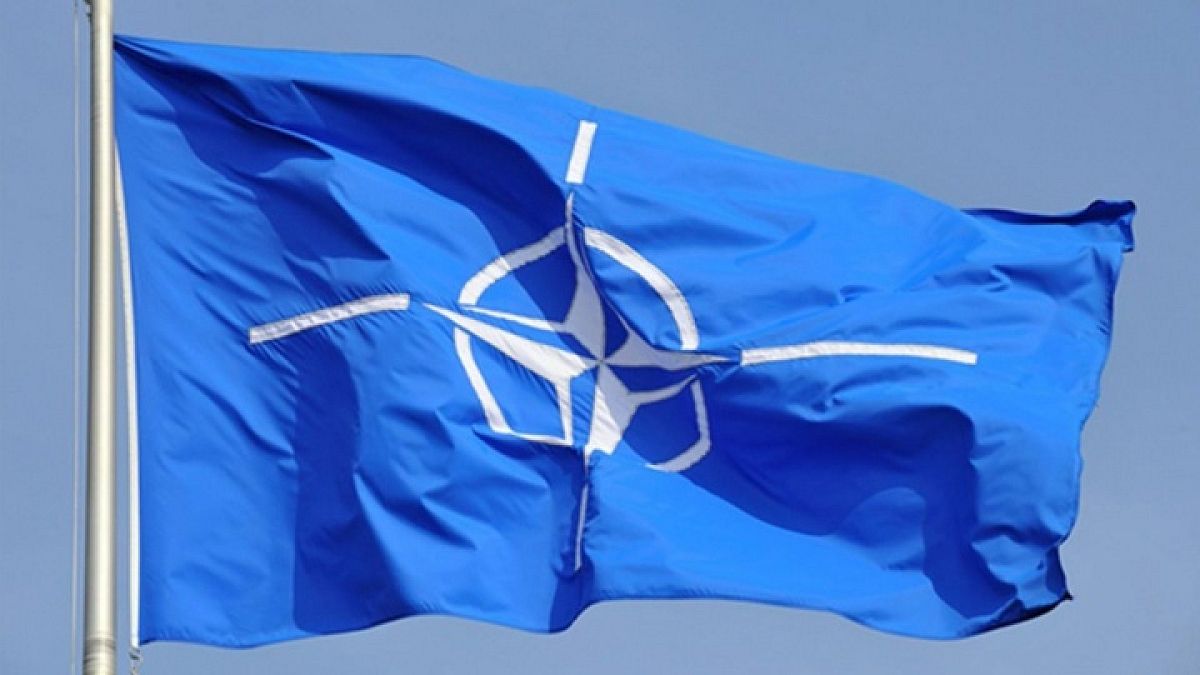Views of the North Atlantic Treaty Organization have generally improved over the past year in both North America and Europe, a new survey finds, just days before a NATO summit in Brussels on…
Views of the North Atlantic Treaty Organization have generally improved over the past year in both North America and Europe, a new survey finds, just days before a NATO summit in Brussels on Thursday.
Today, roughly six-in-ten Americans (62%) hold a favorable opinion of the security alliance, up from just over half in 2016, according to a survey conducted by the Pew Research Center and released on Tuesday in Washington.
Majority support for NATO has also strengthened in Canada, Germany, the Netherlands and Poland. And after a steep decline a year ago, most French again express a favorable view of the security alliance.
Improved opinion of NATO comes on the heels of a US presidential campaign in which then-candidate Donald Trump called NATO “obsolete” and raised doubts about whether the U.S. would honor its commitment to come to the defense of its NATO allies.
Americans’ views of NATO are partisan and have been so for some time. Since 2009 Democrats have generally voiced a more positive opinion of the transatlantic alliance than have Republicans.
In 2017, 78% of Democrats expressed support for NATO, up from 58% in 2016.
At the same time, Donald Trump’s criticism of NATO resonates with his political base. Less than half of Republicans (47%) hold a favorable view of the alliance. The current 31-point partisan divide over NATO compares with only a 6-point gap in 2016.
Since taking office, President Trump has voiced support for NATO. Despite such swings in how NATO has been characterized by the current US administration, most Europeans remain confident that Washington is committed to the principle of mutual defense.
Asked specifically whether the US would use military force to defend a NATO member if attacked by Russia, majorities in each of the countries surveyed believe they would.
Behind the overall uptick in favorable views of NATO, there are sharp political and partisan differences in how publics in member countries perceive the alliance.
In several European countries, those on the ideological right are more likely than those on the left to support the alliance. In Spain, the right and left are 27 percentage points apart – 59% vs. 32% respectively.
In Sweden the ideological gap is 26 points, in France 14 points, and in Germany 13 points. The share of the French right with positive views of NATO has grown 14 points in just the past year, while the opinion among the German right is up 13 points over the same period.
Despite candidate Trump’s suggestion that US willingness to defend an ally might be conditional on a country’s level of defense spending, a median of 66% in seven nations surveyed believe Washington would use military force to defend a fellow NATO partner if it was involved in a serious military conflict with Russia.
For their part, a solid majority of Americans say the US should militarily defend a NATO ally if embroiled in an armed conflict with Russia.
Asked about their own country’s obligation under the same scenario, more than half in the Netherlands (72%), Poland (62%), Canada (58%) and France (53%) support living up to their mutual defense commitments as a member of NATO.
Just 40% of Germans back such assistance. In most countries surveyed, the more people perceive Russia as a major threat, the greater their willingness to come to a security partner’s defense.
These are among the key findings of the new Pew Research Center survey, conducted among 9,761 respondents in the US, Canada, France, Germany, the Netherlands, Poland, Spain, Sweden and the United Kingdom from mid-February to April 10, 2017.
The North Atlantic Treaty Organization was founded in 1949, and it has grown from its 12 founding members to 28.
Its original mission was mutual defense in the face of a military threat from what was then the Soviet Union and its Eastern European allies. Today its mission is broader and includes counterterrorism and cybersecurity.
